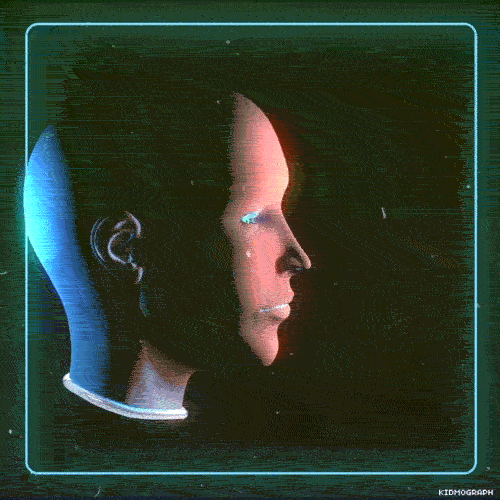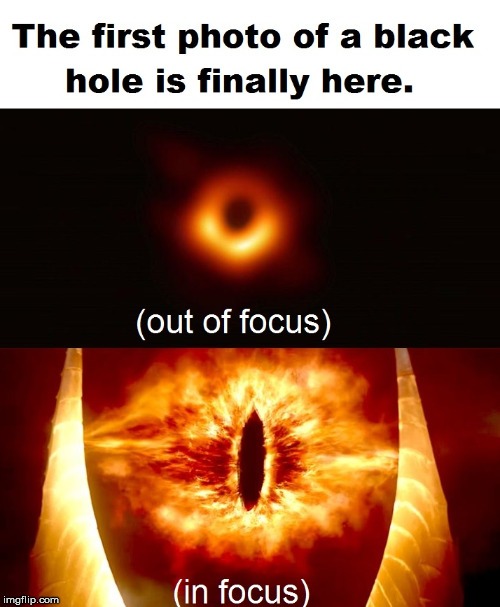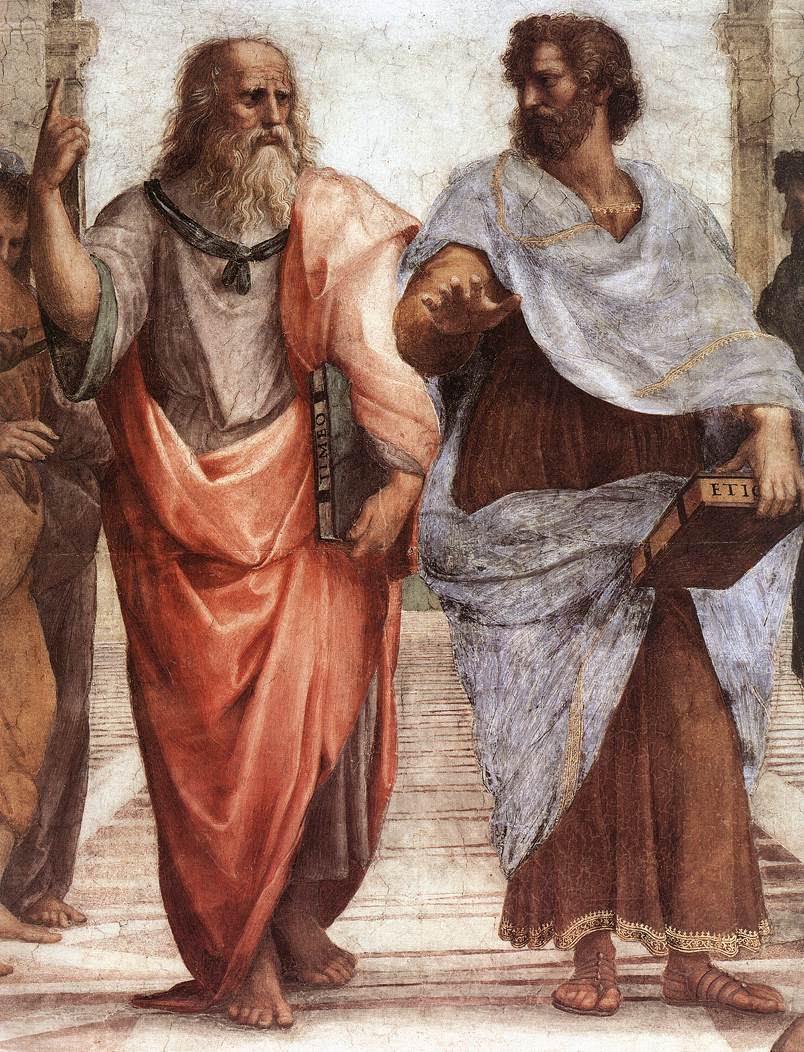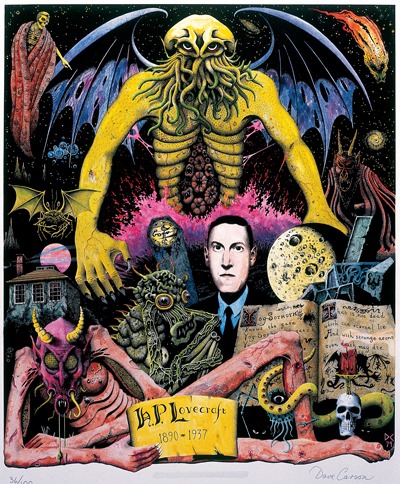This is the very point which we have sought to bring home to our logicians and physicists. As Mr. Mill himself says, “We cannot admit a proposition as a law of nature, and yet believe a fact in real contradiction to it. We must disbelieve the alleged fact, or believe that we were mistaken in admitting the supposed law.” Mr. Hume cites the “firm and unalterable experience” of mankind, as establishing the laws whose operation ipso facto makes miracles impossible. The difficulty lies in his use of the adjective which is Italicized, for this is an assumption that our experience will never change, and that, as a consequence, we will always have the same experiments and observations upon which to base our judgment. It also assumes that all philosophers will have the same facts to reflect upon. It also entirely ignores such collected accounts of philosophical experiment and scientific discovery as we may have been temporarily deprived of. Thus, by the burning of the Alexandrian Library and the destruction of Nineveh, the world has been for many centuries without the necessary data upon which to estimate the real knowledge, esoteric and exoteric, of the ancients. But, within the past few years, the discovery of the Rosetta stone, the Ebers, d’Aubigney, Anastasi, and other papyri, and the exhumation of the tile-libraries, have opened a field of archaeological research which is likely to lead to radical changes in this “firm and unalterable experience.” The author of Supernatural Religion justly observes that “a person who believes anything contradictory to a complete induction, merely on the strength of an assumption which is incapable of proof, is simply credulous; but such an assumption cannot affect the real evidence for that thing.”
In a lecture delivered by Mr. Hiram Corson, Professor of Anglo-Saxon Literature at the Cornell University, Ithaca, N. Y., before the alumni of St. John’s College, Annapolis, in July, 1875, the lecturer thus deservedly rebukes science:
“There are things,” he says, “which Science can never do, and which it is arrogant in attempting to do. There was a time when Religion and the Church went beyond their legitimate domain, and invaded and harried that of Science, and imposed a burdensome tribute upon the latter; but it would seem that their former relations to each other are undergoing an entire change, and Science has crossed its frontiers and is invading the domain of Religion and the Church, and instead of a Religious Papacy, we are in danger of being brought under a Scientific Papacy — we are in fact already brought under such a Papacy; and as in the sixteenth cen-
Page 404
tury a protest was made, in the interests of intellectual freedom, against a religious and ecclesiastical despotism, so, in this nineteenth century, the spiritual and eternal interests of man demand that a protest should be made against a rapidly-developing scientific despotism, and that Scientists should not only keep within their legitimate domain of the phenomenal and the conditioned, but should ‘reexamine their stock in trade, so that we may make sure how far the stock of bullion in the cellar — on the faith of whose existence so much paper has been circulating — is really the solid gold of Truth.’
“If this is not done in science as well as in ordinary business, scientists are apt to put their capital at too high a figure, and accordingly carry on a dangerously-inflated business. Even since Prof. Tyndall delivered his Belfast Address, it has been shown, by the many replies it has elicited, that the capital of the Evolution-School of Philosophy to which he belongs, is not nearly so great as it was before vaguely supposed to be by many of the non-scientific but intelligent portion of the world. It is quite surprising to a non-scientific person to be made aware of the large purely hypothetical domain which surrounds that of established science, and of which scientists often boast, as a part of their settled and available conquests.” Exactly; and at the same time denying the same privilege to others. They protest against the “miracles” of the Church, and repudiate, with as much logic, modern phenomena. In view of the admission of such scientific authorities as Dr. Youmans and others that modern science is passing through a transitional period, it would seem that it is time that people should cease to consider certain things incredible only because they are marvellous, and because they seem to oppose themselves to what we are accustomed to consider universal laws. There are not a few well-meaning men in the present century who, desiring to avenge the memory of such martyrs of science as Agrippa, Palissy, and Cardan, nevertheless fail, through lack of means, to understand their ideas rightly. They erroneously believe that the Neo-platonists gave more attention to transcendental philosophy than to exact science. “The failures that Aristotle himself so often exhibits,” remarks Professor Draper, “are no proof of the unreliability of his method, but rather of its trustworthiness. They are failures arising from want of a sufficiency of facts.”

Moe is the founder of GnosticWarrior.com. He is a father, husband, author, martial arts black belt, and an expert in Gnosticism, the occult, and esotericism.






